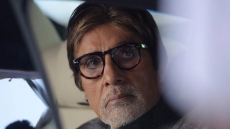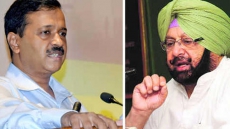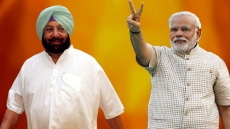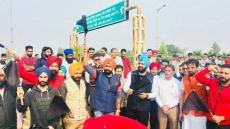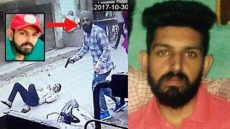At a time when many sections in the society are demanding removal of AFSPA in some areas of Jammu and Kashmir, more than 60 percent respondents of a survey believe that the Centre should use more military force in the state, American fact-tank Pew Research Centre said on Friday.
When it comes to dealing with the disputed border regions of Jammu and Kashmir, the Indian public favors an aggressive stance. A 63 percent believes the government should be using more military force. Few say India should use less force or even the same amount as it is using now, the Pew survey report said.
The state has been on the edge since the killing of Hizbul Mujahideen militant Burhan Wani by security forces in July last year. It has witnessed widespread clashes between the security forces and civilians since then.
According to the survey, while Indians have consistently given Pakistan negative ratings in Pew Research Center surveys, the extent of their disapproval has intensified in 2017. More than six-in-ten (64 percent) in India have a very unfavorable view of Pakistan today, up from 55 percent last year.
Disdain for Pakistan cuts across party lines – BJP and Congress party supporters express similar levels of negativity for India’s longtime foreign rival (70 percent vs 63 percent very unfavorable), the report further stated.
The survey, conducted between February 21 and March 10, sought the views of 2,464 people across the country, in both urban and rural areas.

J&K interlocutor briefs Rajnath Singh about dialogue
The Centre's special representative (interlocutor) for a sustainable dialogue in Jammu and Kashmir Dineshwar Sharma, who undertook a five-day visit to the state, briefed Union Home Minister Rajnath Singh on November 15 on the first round of talks he had with various sections of the society there last week.
Sharma made his presentation at a core group meeting, chaired by Rajnath Singh for a security review of Jammu and Kashmir. It was attended by Defence Minister Nirmala Sitharaman, National Security Advisor Ajit Doval, Home Secretary Rajiv Gauba, Defence Secretary Sanjay Mitra and top brass of Intelligence Bureau, Research and Analysis Wing, National Investigation Agency and para-military forces.
In the meeting, Sharma informed the Home Minister about the response that he got during his meetings with different sections of society, including political parties, student organisations, and social and religious groups in Jammu and Kashmir as well as those from the Jammu Chambers of Commerce and Industry, the Jammu Bar Association, representatives of West Pakistan refugees and others. The former spy chief also shared the major concerns voiced by those he had met during the visit.
An old Kashmir hand, Sharma, who had served in the state with the Intelligence Bureau from 1992-94 when militancy was at its peak, kickstarted his exercise in Srinagar by talking to representatives of about half-a-dozen apolitical organisations and others and later for two days in Jammu.

Sharma, who has the rank of Cabinet Secretary, called on former Chief Minister and National Conference leader Omar Abdullah and held discussions with him.
